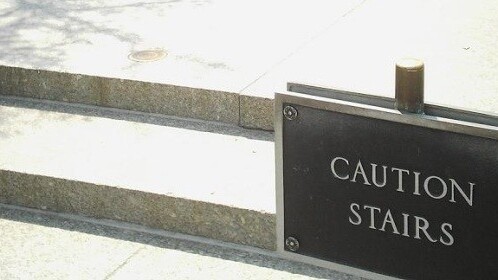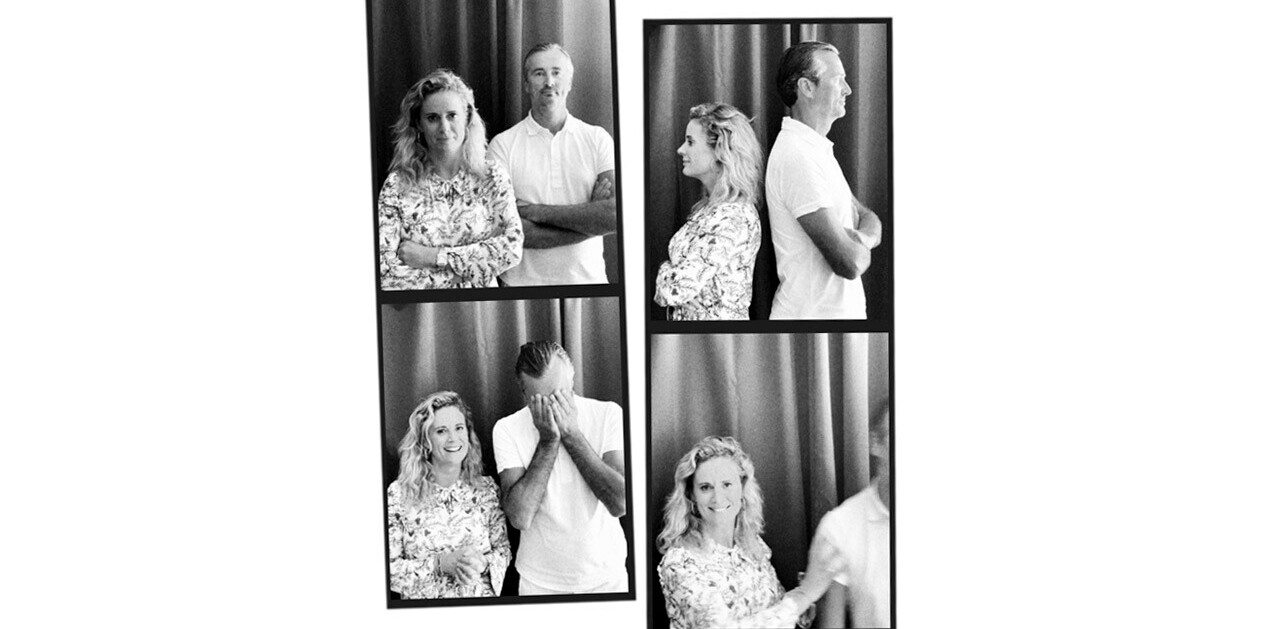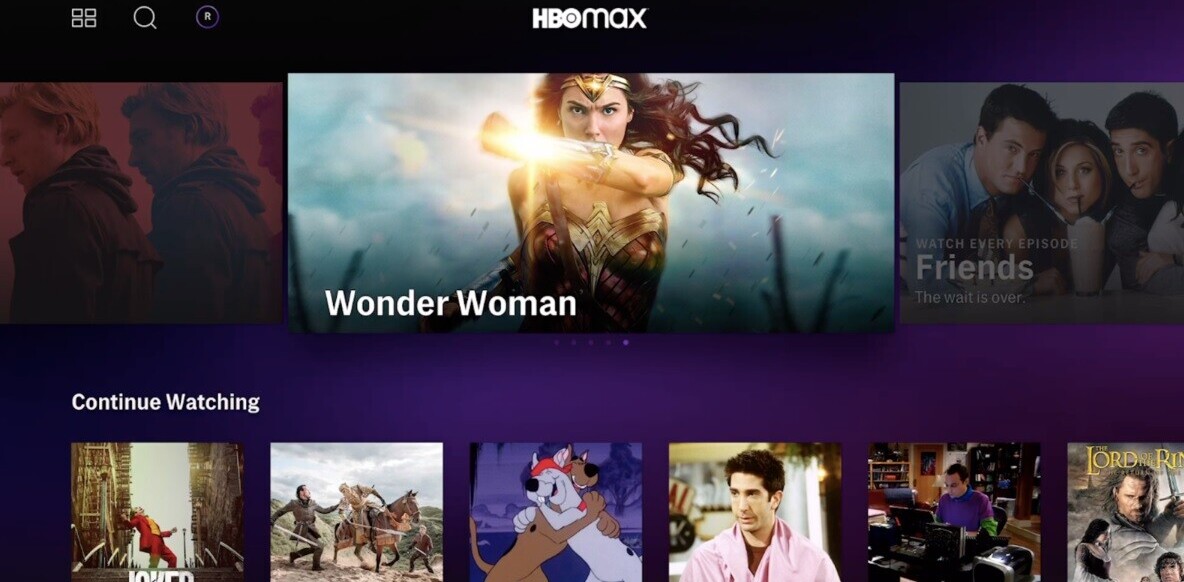
Update: The MPAA is reporting that it has no affiliation with the group Yes It Is – No Piracy!. Furthermore, the site is no longer there and the domain is up for sale. The original story is below.
Several large movie studios have asked Google to take down legitimate pages related to their own films, including sites legally hosting, promoting, or discussing them. We’ve written about the ridiculousness of automated Digital Millennium Copyright Act (DMCA) requests before, including Microsoft asking Google to censor BBC, CBS, CNN, Wikipedia, the US government, and even its own Bing links, but this latest episode takes the cake.
In early November, a few dozen DMCA notices were sent by a company called “Yes It Is – No Piracy!” on behalf of several major movie studios, including Lionsgate, 20th Century Fox, BBC Films, Summit Entertainment, Sony Pictures, and Walt Disney Pictures. TorrentFreak lists some of the problems with the takedown requests, courtesy of Google’s Transparency Report.
Victims of the takedown requests include sites where the content is hosted legally (Amazon, CBS, iTunes, Blockbuster, Verizon on demand, and Xfinity), newspapers discussing the content in question (the BBC, CNET, Forbes, The Huffington Post, The Guardians, The Independent, The Mirror, The Daily Mail, and Wired) as well as official Facebook Pages for the movies and TV shows and even their Wikipedia entries.
There are also a number of legitimate links that appear to be completely unrelated to the content that is supposedly being protected. The good news is that Google has so far left many of the links up.
We have no problem with companies asking Google to censor webpages in its search engine because they are either illegally hosting or linking to copyrighted material. That being said, automated requests that don’t get a final check from human eyes result in mistakes, and it’s frankly quite sad that Google has to sift through them all. Unfortunately, this isn’t the first time this has happened, and it likely won’t be the last.
Image credit: Troy Sherk
Get the TNW newsletter
Get the most important tech news in your inbox each week.





